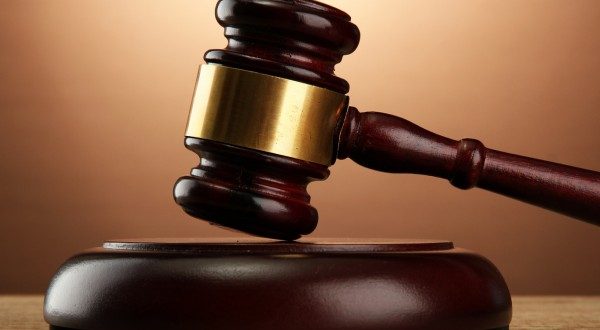The High Court has issued conservatory orders temporarily halting the swearing-in of the newly nominated Independent Electoral and Boundaries Commission (IEBC) commissioners. In a ruling delivered on Thursday, Justice Lawrence Mugambi stated that while the vetting process by Parliament may continue, the appointees shall not assume office until a court petition challenging their nomination is fully determined.
Justice Mugambi emphasized that although the judiciary respects the principle of separation of powers, the gravity of the legal challenge and the public interest involved in the matter warranted judicial intervention. He acknowledged that the petition raises substantial constitutional questions that require broader judicial scrutiny and therefore referred the case to Chief Justice Martha Koome for the empanelment of a multi-judge bench.
Earlier this month, President William Ruto nominated Erastus Edung Ethekon as the new chairperson of the IEBC, alongside commissioners Anne Nderitu, Moses Mukwana, Mary Karen Sorobit, Hassan Noor, Francis Odhiambo, and Fahima Abdalla. The appointments are part of a broader effort to reconstitute the IEBC ahead of future electoral activities, following the departure of the previous team after the contested 2022 general election.
However, the nomination process has not gone unchallenged. Two petitioners moved to the High Court claiming the appointments were conducted in a manner that violated constitutional and legal procedures. They argue that the process lacked transparency, did not ensure inclusivity, and failed to meet the constitutional thresholds required for such high-stakes public appointments.
The IEBC plays a critical role in overseeing Kenya’s electoral processes, and any controversy surrounding its composition is likely to trigger significant political and public concern. The court’s decision to suspend the swearing-in of the nominees underscores the importance of ensuring that the commission’s formation adheres strictly to the law.
As the legal process unfolds, the focus will now shift to the Chief Justice’s decision on whether to empanel a bench, and subsequently, how the court will interpret the legality of the nomination process. The outcome of this case will have far-reaching implications for Kenya’s electoral integrity and democratic governance.

